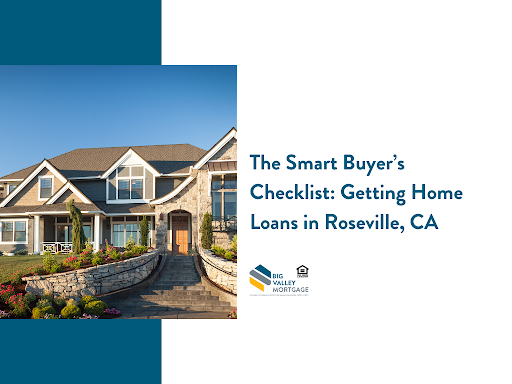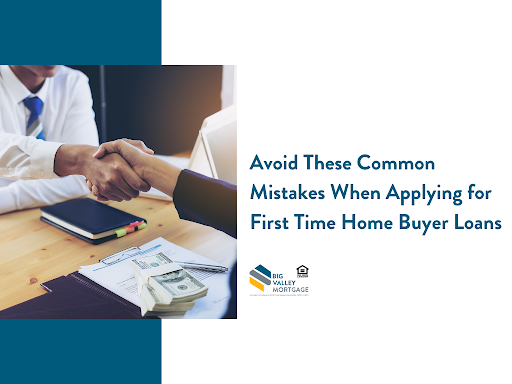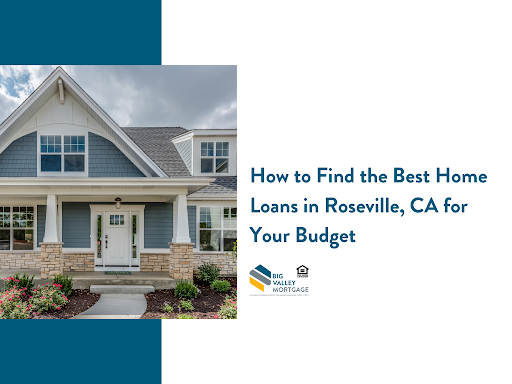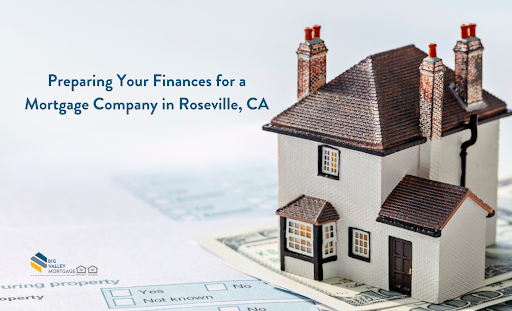
While most of us know about typical mortgages, what about reverse mortgages? Reverse mortgage loan options are available to individuals later in life, giving them an opportunity to save their limited income or retirement funds.
What Is A Reverse Mortgage?
Note that reverse mortgages are available to people who are at least 62 years old. A reverse mortgage is an incredibly powerful tool and can help you live a secure and stable life in retirement. We can define a reverse mortgage as a mortgage loan, where your house is the security. This kind of mortgage is convenient because there are no payments due on a monthly basis, and it allows you to easily tap into your home equity!
Although the main intent is to allow homeowners to use their wealth for paying their living expenses or healthcare costs, there are no regulations on how to use these funds.
How Does A Reverse Mortgage Work?
A reverse mortgage allows you to spend your home’s equity while you live in your home. You can repay the money when you move out, usually from the sale proceeds of your home. According to the National Reverse Mortgage Lenders Association, in 2019, over 30,000 Americans borrowed money against their homes through reverse mortgages.
Unlike a standard mortgage, in which you have to pay the lender or bank a set amount each month until you pay off the loan, the main feature of a reverse mortgage is that there are no payments due each month, and it is possible to structure the loan where the bank (or non-banking lender) makes payments to the homeowner.
Each senior tends to have different needs. As a result, there are many disbursement options that can cover these different needs. This includes the option to receive funds in a partial or full sum, an equity line of credit, or monthly payments.
A reverse mortgage can increase your income without increasing your monthly payments, allowing you to stay in your home. The savings from eliminating the mortgage payment along with the potential monthly payment from the lender can create a nice useable income increase for the borrower.
A reverse mortgage allows the homeowner to get a monthly payment for as long as the owner lives in the house. The loan becomes due after the owner dies or moves out of their house.
Reverse Mortgage Eligibility
- All homeowners have to be 62 years old or more
- At least one homeowner has to live in the home most of the year
Pros of a Reverse Mortgage
One of the biggest selling points for a reverse mortgage solution is that you do not have to repay the loan as long as you live in the home. Also, note that a reverse mortgage acts as an excellent “safety net” by drawing on your home equity, instead of tapping expensive sources of funding, such as credit cards.
And the money you receive every month from your reverse mortgage does not fall under income. Hence, you do not need to pay income tax on it. So, a reverse mortgage is only a loan. It is not an income qualifier.
Cons
When you close on a traditional mortgage, you pay a closing fee. Similarly, you will need to pay closing costs and several other fees to receive a reverse mortgage loan. Sometimes, these fees and charges may offset the benefits that you get. Also, misconceptions about a reverse mortgage can cause homeowners to avoid considering these loans. For example, many seniors assume that the lender takes title to their home, which is not true.
Final Thoughts
The lender will check your credit history before issuing a reverse mortgage. They will also verify your monthly income and financial obligations. Before making any decisions on a reverse mortgage, it is prudent to speak with a mortgage expert who knows the ins and outs of reverse mortgages. For more information, reach out to Big Valley Mortgage, a trusted mortgage company in Roseville, CA, or check out any of the references below.
References
- https://www.nrmlaonline.org/annual-hecm-endorsement-chart
- https://www.consumerfinance.gov/ask-cfpb/what-is-a-reverse-mortgage-en-224/
- https://www.investopedia.com/mortgage/reverse-mortgage/
- https://www.bankrate.com/mortgages/reverse-mortgage-guide/
*The views, articles, postings, and information listed at this website are personal and do not necessarily represent the opinion or the position of Big Valley Mortgage.*












